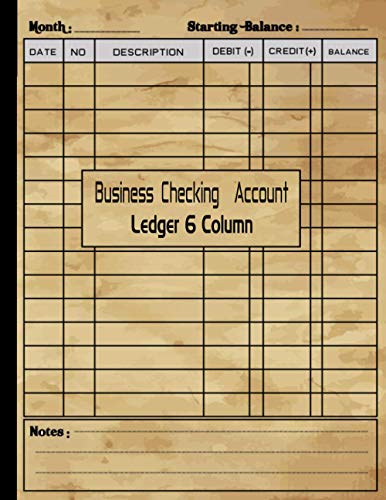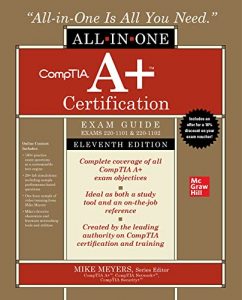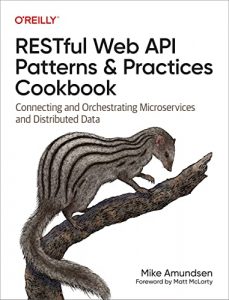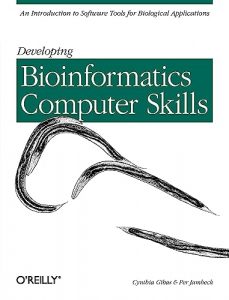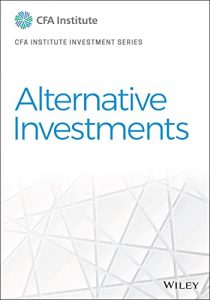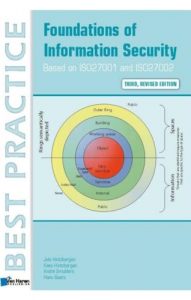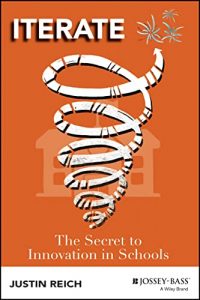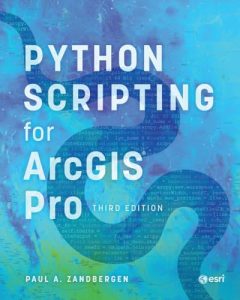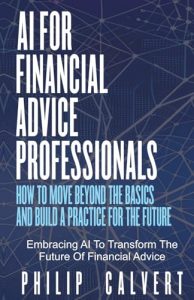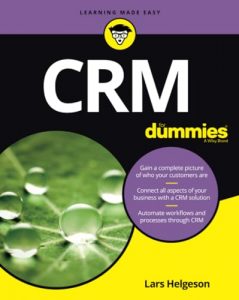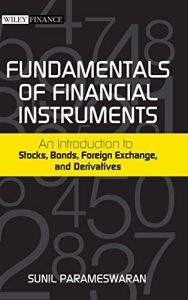1. Business Checking Account Ledger 6 Column
This book is an indispensable tool for anyone looking to keep their business finances organized. With 150 pages dedicated to tracking transactions and balances, it simplifies the accounting process. Perfect for both new and seasoned business owners, this French edition provides a clear structure to manage your payments efficiently. Having this ledger can keep you prepared for tax season as well.
2. Checking Account Ledger
Tomas Domain brings us a comprehensive yet straightforward notebook designed for maintaining a personal checking account. This ledger spans 120 pages, offering ample space for recording details including date, description, reference, debit, credit, and balance. It’s perfect for individuals who want to gain control over their finances and is an ideal gift for those beginning their financial journey.
3. Accounting Ledger Book
This bookkeeping essential published by SKB Press is aimed at small business owners and individual record keepers alike. The Bulldog Ledger offers both simplicity and effectiveness in ledger tracking, promoting better financial management. It’s an easy way to maintain your records and ensure that every transaction is accounted for, making it a worthy addition to your financial toolkit.
4. Multi-Asset Risk Modeling
Co-authored by Morton Glantz and Robert Kissell, this book dives deep into techniques for managing financial risk in today’s fast-paced global economy. Ideal for finance professionals and students alike, it explores the implications of algorithmic trading and the importance of robust risk modeling. This book will not only enhance your theoretical knowledge but also your practical skills when it comes to financial stability.
5. The Economic Impact of IMF-Supported Programs
This paper from the International Monetary Fund illustrates the effects of IMF programs in low-income countries. A must-read for anyone interested in global economics and Development Finance, it provides insights into how fiscal and monetary policies impact economic growth. Readers will gain a deeper understanding of complex economic relationships and the role of financing from global institutions.
6. Direct Reporting of Private Sector Financial Flows
Inscribed by Simon Quin and his team, this book discusses essential methodologies for tracking financial flows in African nations. It is integral for anyone studying international finance or looking to understand cross-border economic relationships. Practical and informative, it equips readers with the tools necessary for thoroughly analyzing financial data in emerging economies.
7. Statements of Income, Cash Flow, & Balance Sheets – PART 3
For those tackling financial statements, this resource simplifies complex inventory valuation methods, including FIFO and LIFO. An essential guide for accounting students and professionals, it delivers practical strategies for managing taxes effectively. Whether you are preparing for exams or improving your personal finances, this book is invaluable for mastering basics and advanced topics alike.
8. Differential Models and Neural Systems
Exploring groundbreaking technology and its role in economic wealth management, E. N. Chukwu’s work is critical for anyone serious about combining technology with finance. This book comprehensively discusses the application of neural systems in understanding economic complexities and provides insights that could influence future trends in wealth management.
9. Inventory Log Book
This logbook is tailored for small business owners needing a straightforward inventory management solution. With 100 pages dedicated to tracking essentials such as inventory ID and balances, it’s pivotal for proper documentation and resource management. Simplifying inventory processes, it empowers businesses to monitor stock effectively and optimize operations.
10. Accounting Queries (RLE Accounting)
This scholarly text is a treasure trove for accounting professionals. Harold Edey presents a collection of accounting queries that can help clarify common misconceptions in the field. Providing practical insights and expert advice, it can enhance your understanding of accounting practices and improve your skills in managing financial information.

